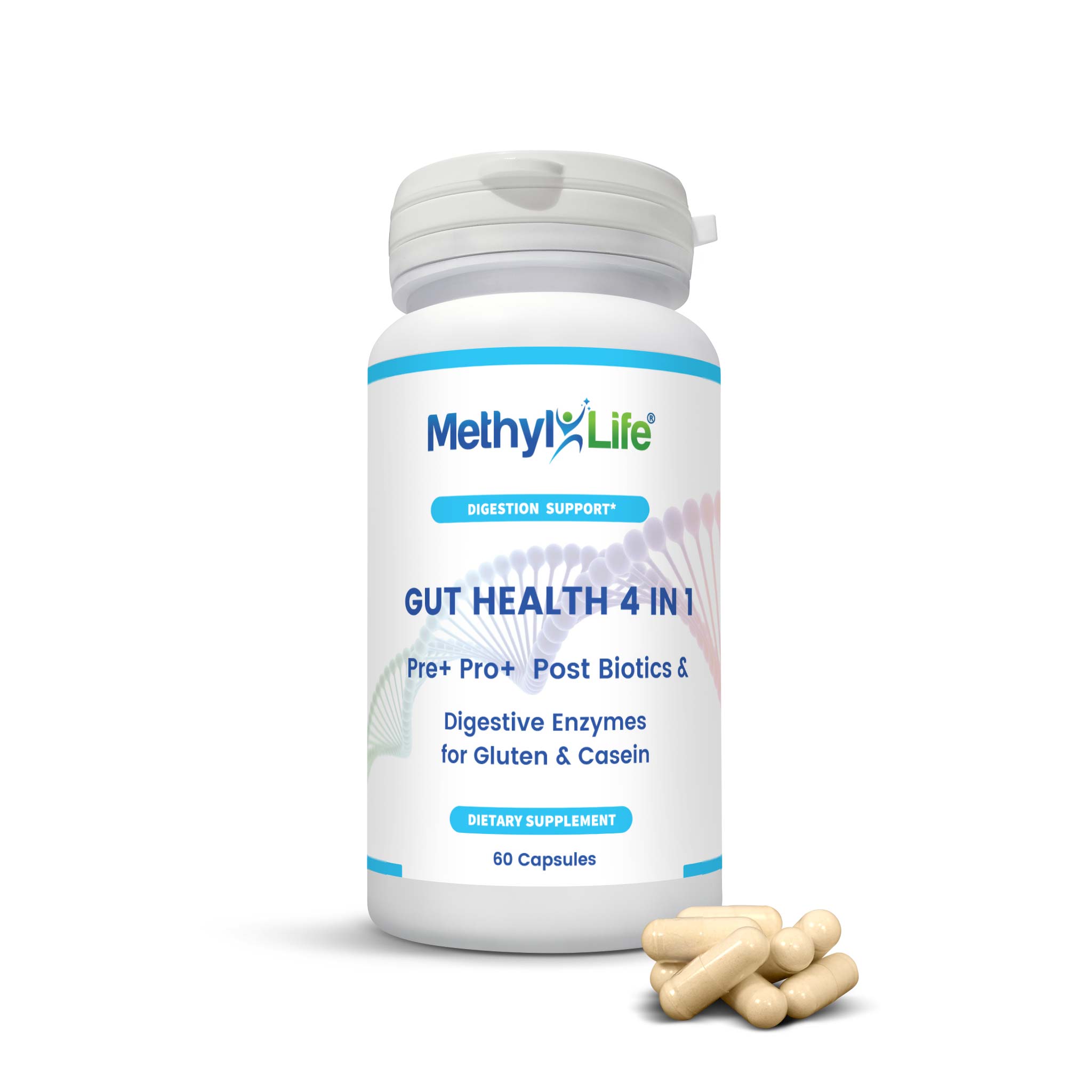The Ultimate Guide to Choosing the Best Gut Health Supplement for Your Needs
The Ultimate Guide to Choosing the Best Gut Health Supplement for Your Needs
Blog Article
Discover the Trick to Digestion and Resistance With Intestine Health Support

Understanding Gut Health And Wellness
Recognizing digestive tract health is critical for overall well-being, as it plays a significant role in food digestion, resistance, and even psychological health. The gut, comprising the stomach system, is responsible for damaging down food, absorbing nutrients, and getting rid of waste. A well balanced digestive tract environment guarantees reliable food digestion, enabling the body to use nutrients successfully.
Additionally, intestine health and wellness substantially influences the immune system. The digestive tract houses a substantial portion of the body's immune cells, and a healthy intestine can aid fend off microorganisms and minimize inflammation. Interruptions in intestine wellness can bring about an over active immune action, potentially contributing to autoimmune conditions and allergic reactions.
In addition, the gut is often referred to as the "2nd brain" because of the gut-brain axis, a complicated communication network connecting the intestine and the brain. This link affects state of mind, cognition, and emotional health. Concerns such as dysbiosis, defined by an inequality in digestive tract bacteria, have actually been related to mental health conditions, consisting of stress and anxiety and anxiety.
The Gut Microbiome Explained
The digestive tract microbiome, a diverse neighborhood of microorganisms living in the intestinal system, plays a pivotal role in preserving digestion health and wellness and overall health. Making up trillions of germs, viruses, fungis, and various other microorganisms, this facility environment help in the digestion of food, the synthesis of crucial nutrients, and the guideline of metabolic processes.
Each individual's gut microbiome is one-of-a-kind, influenced by variables such as diet regimen, way of living, genetics, and environmental direct exposures. A well balanced microbiome supports optimal digestion by breaking down complicated carbohydrates, producing short-chain fatty acids, and promoting the absorption of nutrients. On the other hand, an imbalance, typically described as dysbiosis, can result in gastrointestinal problems, consisting of irritable digestive tract disorder (IBS) and inflammatory digestive tract disease (IBD)
Research has actually demonstrated that a varied microbiome is connected with much better health and wellness outcomes, emphasizing the value of nutritional selections in nurturing these bacteria. Foods rich in fiber, probiotics, and prebiotics, such as fruits, vegetables, and fermented products, can promote a healthy microbiome. Recognizing the gut microbiome is crucial for creating targeted interventions intended at improving digestive system wellness and avoiding intestinal diseases.

Connection In Between Digestion and Resistance
A robust link exists in between food digestion and resistance, highlighting the critical role of the digestive tract in maintaining total health. The stomach tract is home to trillions of bacteria that create the gut microbiome, which dramatically affects both immune feedbacks and digestive processes. This complicated environment help in breaking down food, taking in nutrients, and offering necessary metabolites that support immune function.
When digestion is effective, the digestive tract barrier continues to be undamaged, stopping dangerous virus from entering the bloodstream (gut health supplement). Conversely, bad digestion can cause an imbalance in the microbiome, resulting in dysbiosis, which has actually been linked to different health and wellness concerns, consisting of autoimmune illness and inflammatory conditions. About 70% of the immune system lives in the gut-associated lymphoid cells (GALT), which connects closely with the gut microbiome. This interaction makes sure that the immune system can successfully differentiate in between advantageous you could try these out and hazardous materials.
Tips for Supporting Digestive Tract Health
Sustaining digestive tract health is essential for maintaining both digestive system effectiveness and a well-functioning body immune system. To foster optimum gut health and wellness, consider integrating numerous useful approaches into your everyday regimen.
First, prioritize hydration. her latest blog Consuming adequate water supports food digestion and aids maintain the mucosal cellular lining of the intestinal tracts. Additionally, routine exercise can enhance digestive tract mobility and advertise a diverse microbiome.
Mindful eating methods are additionally important. Eating food extensively and consuming slowly can help food digestion and protect against overeating, which may worry the digestive tract. Handling anxiety with methods such as reflection, yoga exercise, or deep-breathing workouts can favorably affect digestive tract health and wellness, as anxiety is recognized to interfere with digestion processes.
Integrating prebiotics and probiotics right into your routine is an additional effective strategy. While particular foods will be talked about later, understanding the importance of these components is essential. Prebiotics serve as food for useful digestive tract bacteria, while probiotics introduce real-time valuable microorganisms.
Finally, prevent excessive use of anti-biotics, as they can interfere with the equilibrium of gut flora. By adhering to these ideas, you can substantially add to the maintenance of a healthy and balanced digestive tract, which is vital for overall wellness and vigor.
Foods That Promote Gut Health

Fermented foods, such as yogurt, sauerkraut, kimchi, and kefir, are abundant in probiotics, which are valuable germs that support gut vegetations and boost food digestion. These foods can help restore equilibrium in the digestive tract, particularly after antibiotic usage or digestion disturbances.
Along with fermented alternatives, prebiotic foods, such as garlic, onions, asparagus, and bananas, function as nutrition for these probiotics, promoting their development and activity. These soluble fibers sustain digestive tract motility and can relieve problems like irregularity.
Moreover, including high-fiber foods, including entire grains, vegetables, fruits, and vegetables, is essential for keeping a healthy intestine. Fiber aids in normal bowel motions and helps stop gastrointestinal problems.
Lastly, omega-3 fats found in fatty fish, flaxseeds, and walnuts have anti-inflammatory buildings that can even more sustain gut health and wellness. Stressing these foods in your diet can cause a robust gastrointestinal system and boosted immune function.
Final Thought
In verdict, prioritizing gut health and wellness is necessary for maximizing food digestion and boosting resistance. A well balanced intestine microbiome, affected by nutritional selections and way of living factors, plays an essential role in nutrient absorption and inflammation decrease.
Recognizing intestine wellness is critical for total wellness, as it plays a considerable function in digestion, immunity, and also psychological health and wellness. The digestive tract houses a substantial portion of the body's immune cells, and a healthy and balanced intestine can assist fend off microorganisms and decrease inflammation.In addition, the digestive tract is commonly referred to as the "second brain" due to the gut-brain axis, an intricate interaction network linking the brain and the gut.A durable connection exists between food digestion and immunity, highlighting the essential duty of the intestine in preserving overall wellness.In final thought, focusing on intestine health is essential for maximizing digestion and boosting immunity.
Report this page